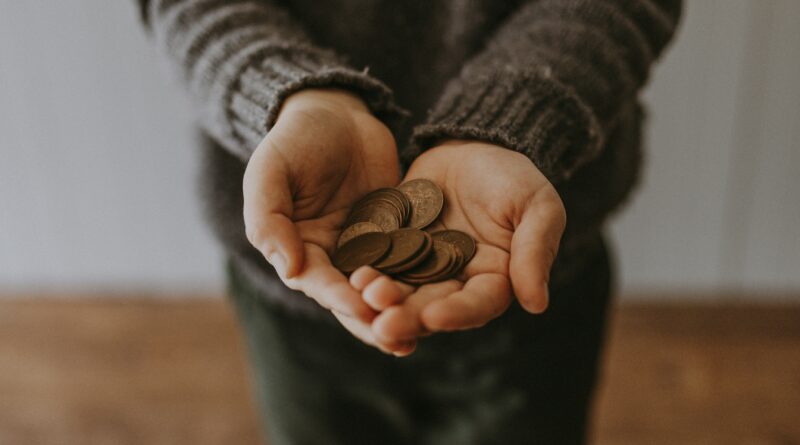Dōjō Suru nara Kane wo Kure (同情するなら金をくれ – Give Me Money If You Feel Pity)
Dōjō Suru nara Kane wo Kure
同情するなら金をくれ
When facing severe financial difficulties and receiving sympathy or kind words from someone, the Japanese may have the following phrase in mind.
厳しい生活苦であるときに、誰かから同情の気持ちや言葉をもらうと、日本人は次のフレーズが頭に浮かぶかもしれません。
Dōjō suru nara kane wo kure (同情するなら金をくれ).
「同情するなら金をくれ」
・Dōjō syry (同情する) means “pity.”
・Nara (なら) means “if” or “rather than.”
・Kane (金) means “money.”
・Kure (くれ) means “to give.”
・Nara (なら) means “if” or “rather than.”
・Kane (金) means “money.”
・Kure (くれ) means “to give.”
「同情する」・・・ “to sympathize”
「なら」・・・ “if” or “rather than”
「金」・・・ “money”
「くれ」・・・ “to give”
「なら」・・・ “if” or “rather than”
「金」・・・ “money”
「くれ」・・・ “to give”
Therefore, this phrase literally means, “Give me money if you feel pity.”
したがって、この表現は文字どおり “Give me money if you feel pity” という意味になります。
This phrase became extremely popular in Japan due to its appearance in the hit 1994 drama Ie Naki Ko (家なき子 – “A Child Without a House”).
このフレーズは、1994年に日本で大ヒットしたドラマ「家なき子」に登場する、とても有名なセリフです。
The impact was significant, especially because it was a line from a small child, and the phrase was selected as one of the buzzwords of the year in 1994.
小さな子どもが言うとは思えない衝撃もあり、1994年の流行語大賞にも選ばれました。




